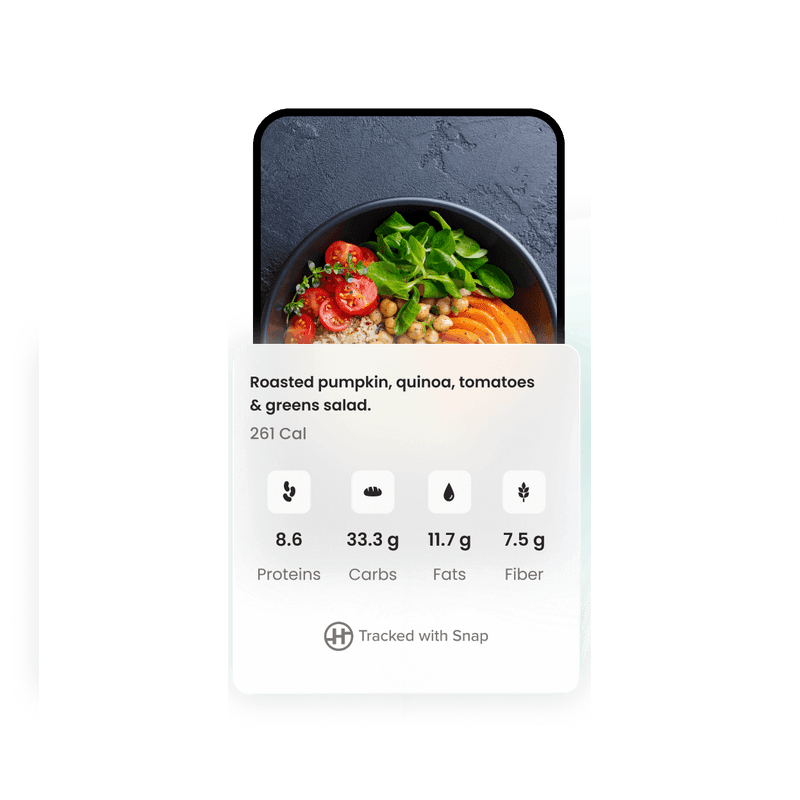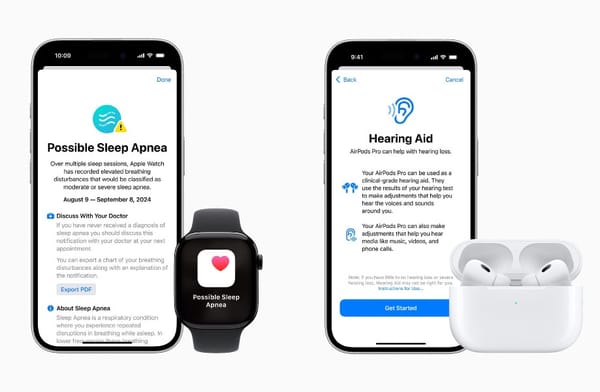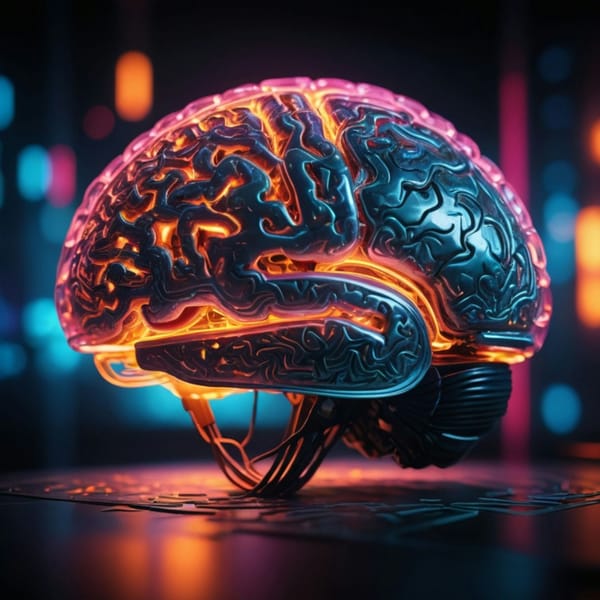Stress and anxiety have become unwelcome companions for many. As people seek ways to find calm amidst the chaos, meditation has emerged as a popular solution. But with busy schedules and diverse needs, traditional meditation practices don't always fit the bill. Enter personalized meditation apps – the latest innovation in mental wellness technology. These apps are revolutionizing how we approach mindfulness, offering tailored experiences that adapt to individual needs and preferences.
Key Takeaways:
- AI-powered apps like Meditia are personalizing meditation experiences.
- These apps analyze user input to create custom meditation sessions.
- Personalized meditation can address specific moods and physical discomforts.
- The trend reflects a growing demand for individualized wellness solutions.
- AI in meditation apps represents the future of digital mental health tools.
The Rise of Personalized Meditation Apps
In recent years, the world of meditation and mindfulness has undergone a digital transformation. Gone are the days when meditation was solely associated with sitting cross-legged in a quiet room. Today, thanks to technological advancements, meditation is accessible at our fingertips through smartphone apps. But not all meditation apps are created equal. The latest trend in this space is personalization, and it's changing the game for meditation enthusiasts and newcomers alike.
Meditia: Leading the Personalized Meditation Revolution
At the forefront of this personalized meditation movement is Meditia, an innovative app available on both iOS and Android platforms[7]. What sets Meditia apart is its use of artificial intelligence (AI) to create meditation experiences tailored to each user's unique needs and circumstances.
How Meditia Works
Meditia's approach is simple yet revolutionary. When you open the app, it doesn't just offer a generic list of meditation sessions. Instead, it asks you about your current mood, any physical discomfort you might be experiencing, and what's happening in your day[7]. This information is then analyzed by the app's AI to create a meditation session specifically designed for you at that moment.
Addressing Individual Needs
The beauty of Meditia's personalized approach is its ability to address specific issues. Having a stressful day at work? Meditia can create a session focused on stress relief. Feeling physically tense? The app might suggest a body scan meditation. This level of customization ensures that each meditation session is relevant and effective for the user's current state.
The Benefits of Personalized Meditation
Improved Engagement
One of the biggest challenges in meditation is maintaining a consistent practice. Generic meditation apps often fail to keep users engaged long-term. Personalized apps like Meditia, however, offer a fresh experience each time, increasing the likelihood that users will stick with their meditation practice[7].
Enhanced Effectiveness
By tailoring meditation sessions to individual needs, personalized apps can potentially offer more effective results. A meditation designed specifically for your current mental and physical state is likely to be more impactful than a one-size-fits-all approach.
Accessibility for Beginners
For those new to meditation, the prospect of starting a practice can be daunting. Personalized apps make meditation more accessible by guiding users through experiences tailored to their comfort level and experience.
The Technology Behind Personalization
Artificial Intelligence and Machine Learning
The core of personalized meditation apps like Meditia is their use of AI and machine learning. These technologies analyze user inputs and behaviors to create increasingly accurate and helpful meditation suggestions over time[7].
Data Analysis for Better Understanding
As users continue to use these apps, the AI gathers more data, leading to a better understanding of individual preferences and needs. This ongoing learning process means that the app's recommendations become more refined and effective with continued use.
The Broader Trend of Personalized Wellness
Meditia is part of a larger trend in the wellness industry towards personalized solutions. From fitness apps that create custom workout plans to nutrition apps that suggest personalized meal plans, technology is enabling a level of individualization previously unattainable in the wellness space[7].
Comparing Personalized Apps to Traditional Meditation Methods
Flexibility and Convenience
While traditional meditation classes offer valuable in-person guidance, personalized apps provide unmatched flexibility. Users can meditate anytime, anywhere, with sessions tailored to their current needs[2].
Continuous Adaptation
Unlike static meditation recordings or classes, personalized apps can adapt to a user's changing needs and progress over time. This dynamic approach ensures that the meditation practice grows with the user.
Integration with Daily Life
Personalized meditation apps excel at helping users integrate mindfulness into various aspects of their daily lives. By offering meditations tailored to specific situations or times of day, these apps make mindfulness a more seamless part of everyday routines[2].
The Future of Personalized Meditation
As technology continues to advance, we can expect personalized meditation apps to become even more sophisticated. Future developments might include:
- Integration with wearable devices to incorporate real-time physiological data.
- More advanced AI that can predict user needs based on patterns and external factors.
- Virtual reality (VR) integration for immersive, personalized meditation experiences.
Potential Concerns and Considerations
While personalized meditation apps offer numerous benefits, it's important to consider potential drawbacks:
Privacy Concerns
As these apps collect personal data to provide customized experiences, users should be aware of how their information is being used and protected.
Overreliance on Technology
While apps can be incredibly helpful, it's important for users to develop the ability to practice mindfulness independently as well.
Quality of AI Recommendations
As with any AI-driven technology, the quality of personalized recommendations depends on the sophistication of the underlying algorithms and the data they're trained on.
Conclusion: A New Era of Mindfulness
Personalized meditation apps like Meditia represent a significant step forward in making mindfulness practices more accessible, engaging, and effective for the average person. By harnessing the power of AI to create tailored meditation experiences, these apps are helping users find moments of calm and clarity in their busy lives.
As we move forward, the integration of technology and mindfulness practices will likely continue to evolve, offering even more personalized and effective ways to manage stress, improve mental health, and enhance overall well-being. Whether you're a seasoned meditator or a curious beginner, personalized meditation apps offer a unique opportunity to explore and deepen your mindfulness practice in a way that's perfectly suited to you.
Citations:
[1] https://thetravellingape.com/benefits-of-meditation-classes-over-apps/
[2] https://www.verywellmind.com/i-tried-balance-app-review-meditation-7644307
[3] https://thecircular.org/10-best-meditation-apps-2024/
[4] https://bigohtech.com/top-meditation-app-statistics/
[5] https://sigma.software/about/media/mindfulness-and-meditation-apps
[6] https://www.trendhunter.com/trends/meditia
[7] https://balanceapp.com/blog/why-balance-is-the-best-meditation-app













Member discussion